B92: From defiant child to unyielding adult
Monday, 04.06.2007.
17:04

B92: From defiant child to unyielding adult
Thus grew the reputation of B92 as one of the rare independent voices and protest instigators in the Serbia of the ‘90s. Eighteen years on, with Milošević long gone, B92 is reaping the rewards of resistance as one of the most respected commercial media companies in the region.Alongside its popular radio, national TV and Internet divisions, B92 also boasts successful publishing house B92 Samizdat, its own CD label and a successful design division. It is renowned for its social responsibility projects, including the ongoing ‘Safe House’ and ‘Give Blood’ projects, and is still considered to be one of the few media houses prepared to raise controversial issues and discuss taboo topics in Serbia.
However, the commercially-growing B92 of today is coming under criticism from traditional followers and supporters for allegedly dumbing-down its programming in order to boost ratings.
This month CorD speaks to Veran Matić about the turbulent childhood of a media company that is entering adulthood as the only major Serbian media company with an international reputation worth maintaining.
CorD: B92 has now come of age, but how much has the fact that it grew up in difficult times and was maltreated as a child affected its behaviour as an adult?
Matić: Our history dominates our current editorial policy. On one side, this is a burden, but on the other it simultaneously reflects the framework we defined at the beginning of our operations. We started work during a one-party communist system where the media acted as an extended arm of the party. Some media were more liberal, but there weren’t any authentic independent media companies anywhere in the region until B92 came along.
B92 is also a medium of a generational type. We were all very young when we started to work. It was youth radio; the first editorial meeting was held in March 1989 and we commenced operations in May. At that time we defined our basic charter as being the United Nations Universal Declaration on Human Rights – not some media charter, but rather the widest charter possible.
During all of these 18 years, B92 has strived to both promote and practice professional objective journalism. We have also endeavoured to function as an emancipator of all institutions, attempting to liberate Serbian society in various fields. This is a major burden to bear because the people always expect more from you, regardless of how much you give.
This has been particularly burdensome during the last couple of years of our commercial transformation from what was essentially only informative media, to a popular media company offering entertainment and informative programming. Nevertheless, over the past 18 years we have succeeded in preserving the basic values and mission of providing objective information and producing professional, independent journalism.
CorD: Did you set out with a sense of trepidation when you decided to buck the regional trend and go up against your government regime?
Matić: No. There was no fear. We were basically a team of people working in Samizdat media, youth media, and student media – ergo, we were already emancipated media people. Moreover, our team had worked in human rights movements, eco movements, feminist movements, etc.
This was a team well prepared for a battle of attrition with the regime. Setting out our stall early, in the first two weeks of ‘experimental radio’ we decided to broadcast every dissident who had not been allowed to speak publicly. After the two-week permit was not extended, we simply continued working without a license up to the end of 1998.
So our history is that of a constant fight against the regime: our first operational ban as B92 came in 1991, and we were subjected to three more until Milošević’s demise. During that time we were twice wiped out financially and both times restarted from scratch.
What is interesting is that there was never any direct contact between the regime and us; I was once arrested, but nobody from the regime called me – formally or informally – to try to convince me to work differently. Probably because they knew it would be futile.
It was difficult to live during Milošević’s regime because he took control of all institutions. As such, we knew that if we wanted to enjoy good exhibitions and read good books we would have to facilitate it ourselves. That was when we set up an alternative cultural scene juxtaposed to the one dominating through his regime; our cultural production element emerged; there was a huge number of exhibitions, a publishing industry, etc. B92, thus, worked as an alternative culture movement for quite a long time.
CorD: Was there ever any conflict between your editorial and marketing divisions?
Matić: The marketing manager came to B92 in the early ‘90s and more or less participated in furthering the B92 mission on a wider scale. He didn’t come from the outside, thinking only of profit margins; he knew the right values of B92 and that it is necessary to forge a balance between profit and content. As such, we have always co-operated well and, I think, we’ve so far proved successful.
B92 is not primarily focused on generating a profit. Rather, profit should be a unit of measurement based on the results of what we are doing. Our primary focus is to enhance our informative role, and we do that. So, we have increased our informative programming as much as we have enhanced the entertainment programme. We have introduced two additional central daily news bulletins, at 10am and 4pm, and a breakfast program with lots of information.
CorD: Has the company’s commercialization resulted in a change in B92’s demographic that was needed to lure the masses away from rival commercial stations and, if so, has this equated to the ‘dumbing-down’ of B92’s overall program offer?
Matić: I would say that any conflict between our entertainment and informative programming exists much more in the heads of viewers than in us. When we introduced “Big Brother”, we did so in order to increase the viewing figures of our other programs. Accordingly, we succeeded in significantly increasing the figures of those watching our informative program.
Regardless of whether or not people think these formats are dumbing-down, the fact is that we are trying to give them a useful, social function. In the first season of “Big Brother”, for instance, we used the British model – with which Channel Four introduced the gay community to the masses and, in the last season, was won by a man with Tourette’s syndrome. In our case, the first Big Brother was won by the most cultured and educated entrant, while second place was won by a Bosnian Muslim who was excellently received in Belgrade. Thus I think that the first series was very useful socially and I am quite satisfied with it.
Buying the rights to popular entertainment formats is a compromise forced upon us by a system that does not recognize private public service broadcasting, which is a great pity.
When we opt to go for a major entertainment format, we try to get the biggest and the best. That is why we opted to seek the rights for ‘Big Brother’, the quiz ‘Millionaire’ [Who Wants to be a Millionaire], the game-show ‘Deal or No Deal’ and, in the sporting domain, the UEFA Champions’ League.
CorD: Aren’t the rights to the Champion’s League awfully expensive?
Matić: We estimate how much we will have to pay for what, and if a program is beyond our budgeting capacity we give up. If not, we devote lots of time to market research in order to gauge what will boost our ratings.
Our major plus is that we produce and promote these programs successfully, which explains why UEFA is very pleased with the way we present the Champions’ League and why the proprietors of Millionaire chose us over our rivals…
CorD: Do you think many people have tuned in to B92 for the first time as a result of your production and broadcasting of popular foreign programs?
Matić: The first explosion came with the Champions’ League, which is watched by all – regardless of their social or economic standing. We have certainly increased the number of spectators with other new formats. It is interesting that people are now saying that we have won over the rural communities with our VIP Big Brother [featuring turbo-folk singers not normally associated with B92], but funnily enough that program is still most watched in the cities.
B92 is also regarded as the most reliable media when a crisis strikes: if there’s an earthquake or a political crisis everybody turns to B92.
CorD: B92 has survived through donations for a long time. Is the company now (or will it soon be) financed exclusively through its own commercial channels?
Matić: We are solely financed from commercial sources, 95% of which comes from our own resources. We have financed ourselves through commercials and last year’s recapitalization: we now have two new partners – domestic company ‘Dexyco’ and Swedish Investment Fund ‘East Capital’ – who own nine per cent of B92. We have invested those funds in new projects. Perhaps five per cent of last year’s budget was donated for research journalism, education and retraining. This year that percentage will be even lower and we believe that from next year we will operate profitably.
CorD: B92’s website has achieved unprecedented success among the sites of the former Yugoslavia. It is one of the most visited sites in the region and its popularity continues to grow exponentially. What is the secret of B92’s web success?
Matić: The website developed as a new stand-alone medium, i.e. it was never merely a web presentation of B92, but rather a completely authentic medium.
It is created and run by a special team and was never merely a supplementary activity: the B92 website is considered a central pillar of B92 and receives the same attention as TV.
It quickly adapted to the B92 structure and grew to become a web portal; a comprehensive informative medium offering news and information on lifestyle, sport, science, health, technology, automobiles, business and the like. Moreover, the website has facilitated two-way communication by allowing comments on news items from the beginning and, of late, through the B92 Blog, where interaction is strong and practical and includes so-called citizen’s journalism.
The B92 website also proves useful to foreigners and people abroad and, currently, is the only medium through which we are global.
At this moment, our only limitations are related to the overall Internet penetration of our country. Unfortunately, we are lagging behind other countries technologically, and the Telekom monopoly is limiting us.
CorD: It seems that the most common tactic of your rivals and detractors over the years has been to accuse you of being a “traitorous organization”. How would you explain this peculiar accusation to our readers?
Matić: The first time those accusations appeared – a long time ago, during the wars – we printed thousands of badges inscribed with the words ‘I am a traitor’. We wore these around the city and handed them out to the public. Of course, the public didn’t believe that accusation; they were aware that it was only propaganda aimed at discrediting us. It is stupid to defend yourself when you know that accusations are false. We made that accusation irrelevant long ago, though I do still believe that some people think I receive instructions directly from Bush over the phone. But there’s nothing you can do to stop people from thinking that.
The important thing for B92 is that we have achieved strength and stability for 18 years. We achieved our stability because we have built our independence in relation to everything: not only in relation to the regime, but also in relation to donors.
CorD: Did the donors try to interfere with your operations?
Matić: Whenever we had a donor conference we would say to the potential donors “Okay, these are our projects and our condition is that if you donate to us then you give us complete autonomy in deciding how we will use those funds.” The donors all accepted that simply because they supported our independence from the authoritarian regime. This independence brought us much unpleasantness, but also a lot of credibility.
CorD: The last time you spoke to CorD magazine (CorD 20, October 2005) you had been subjected to threats against your life. But this was by no means the first time you had been the victim of such attacks. How have you coped with these threats over the years and have they ever effected your professional decisions?
Matić: Threats have never influenced our decisions. We were permanently under threat at one point and if we allowed it to influence us once then we would eventually reach the point where we wouldn’t dare cover anything provocative or controversial.
As a recent example, not long ago we broadcast footage of the man now convicted of the murder of Zoran Ðinđić, who all but admitted a murder on Fruška Gora on screen. A few days prior to the airing, we were warned by the authorities and the City not to broadcast it; that it could prove dangerous. But we aired it anyway because it is our job to ensure that the public see and know what’s going on.
One of our problems is that we are a rare example of media dealing with taboo and controversy here, and that makes us an easy target; a point of focus for those wishing to cause controversy. That’s why those posters declaring Bulevar Avnoj as Ratko Mladić Boulevard were plastered to the walls of our building. This sort of thing is obviously unpleasant for us, but we have lived with it for 18 years and have developed natural defense mechanisms. Now it is just a part of our identity.
CorD: Finally, what would you like to see the new government focus on in the media domain?
Matić: The new government should look at the many mistakes made by the previous two governments in the area of media relations – an area where Government officials have behaved like they belong to the tabloids and, thus, reflected a tabloid image on everything.
The new Government ought to reinstate that certain dignity they had immediately after 5th October, whilst showing a new quality by not linking various ministers to every affair. They need to find a new method of working and communicating with the media and public, as well as being transparent by organizing public sessions. These steps will increase public confidence in the government.
Regardless of what the Government does, if it doesn’t extradite Ratko Mladić nothing will succeed. The European integration process will fall further off track, the country will stagnate and conflict will arise.
In terms of the sphere of journalism, the government should resolve the three outstanding murder cases at once, thereby showing that the political leaders and the society they represent care about the destiny of media professionals. Until that happens we will remain a society where bombs exploding on journalists’ windowsills are tolerated.











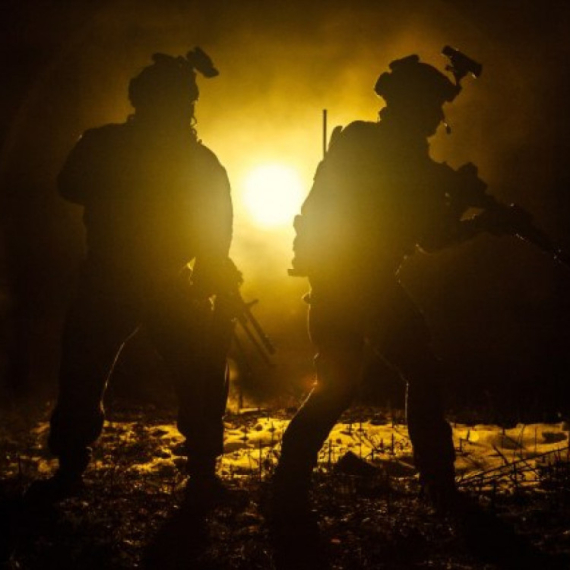
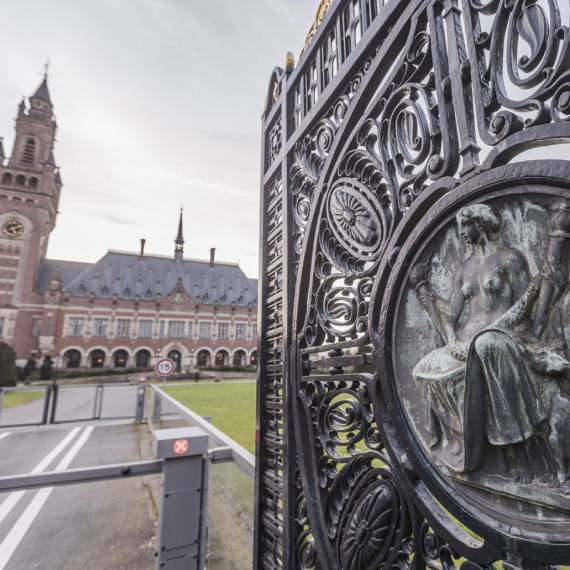
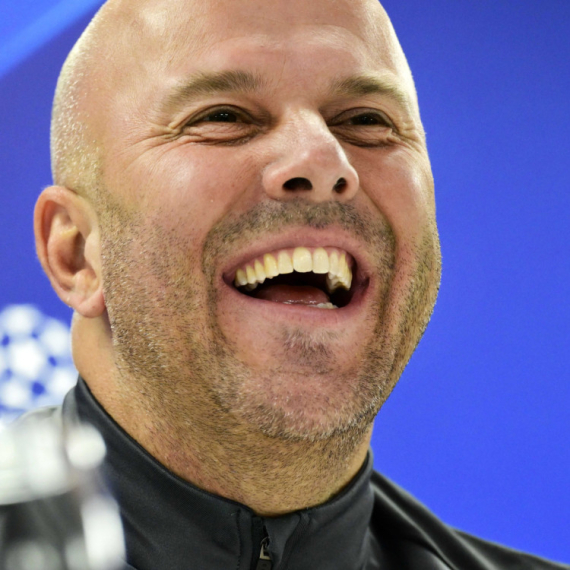

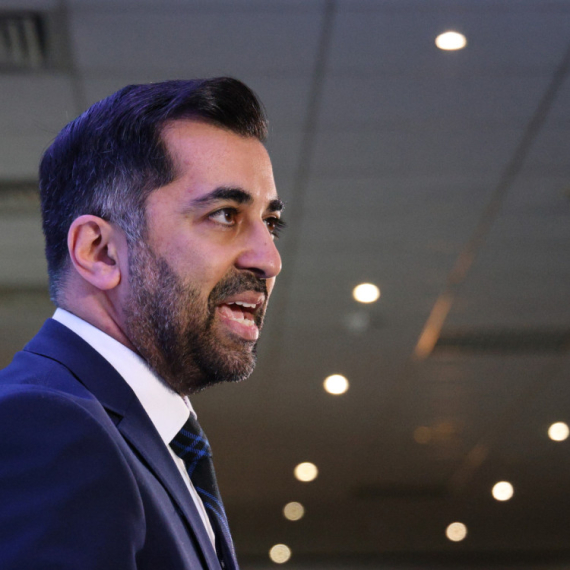

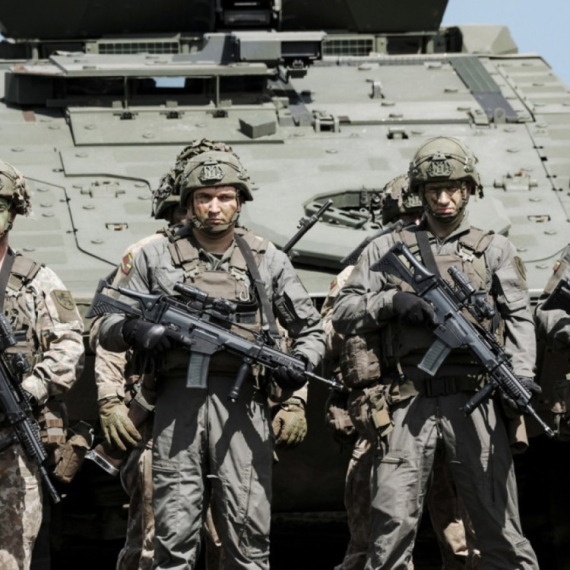

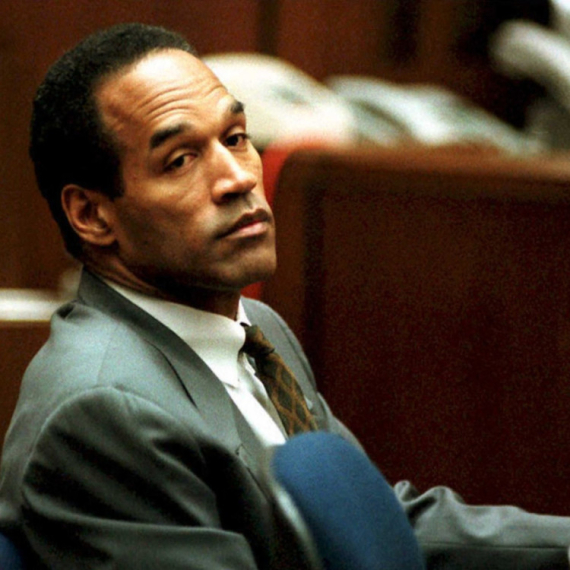

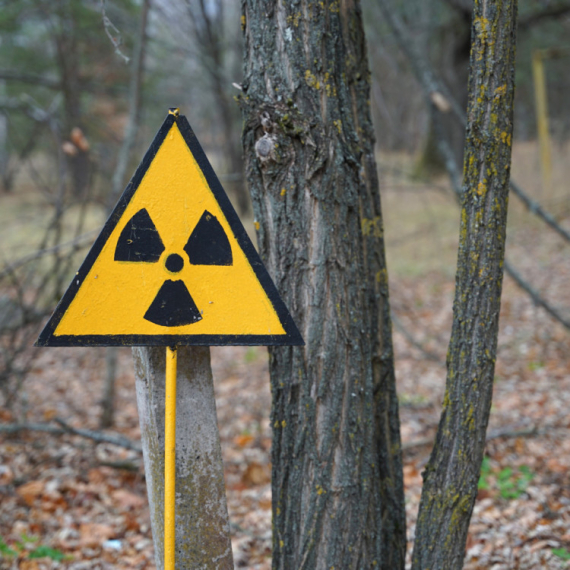




































Komentari 1
Pogledaj komentare